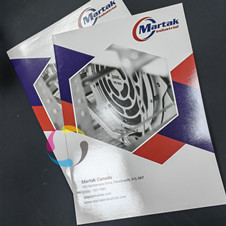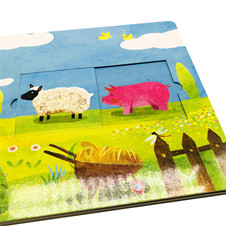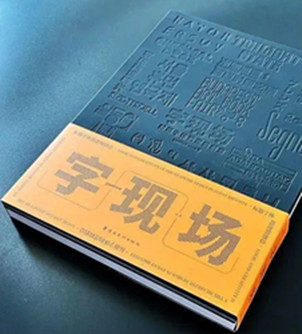What do you know about the common printing process of books?
Time:2022-11-07
Views:4219
Today, we sorted out 9 commonly used book printing processes, including bronzing process, laser hot stamping, film covering process, die cutting process, local UV, indentation process, embossing process, edge brushing process, and laser hollowing.
Let‘s have a look!
1. Gold stamping


The gold stamping uses the principle of hot pressing transfer to transfer the aluminum layer in the anodized aluminum to the substrate surface to form a special metal effect. Because the main material used for gilding is anodized aluminum foil, gilding is also called anodized hot stamping.
The metal luster of gold stamping has strong decorative effect and strong visual impact.
2. Film covering or lamination


Film covering is also known as over gluing. The film covering process has strong protection to protect the printing color from abrasion and enhance the toughness of the printing. The book cover is smooth and bright after film covering.
According to the covering materials, it can be divided into bright film, matte film, pearlescent film and tactile mo.
3. Die-cutting


Generally, die-cutting process is to combine die-cutting cutter and crimping cutter in the same template to excavate the shape of materials.
Die cutting enables various printing packages to be presented in three-dimensional and curved form, creating various shapes and shapes that are more beautiful, delicate and creative.
4. Spot UVs


UV technology is to cover the surface of printed materials with UV ink to produce different luminous effects, which is widely used in book design and production.
The UV process makes the printed part show high brightness, transparency and wear resistance. The surface of the printed matter after partial UV treatment is more textured and three-dimensional, highlighting the visual effect of local bright light.
5. Debossing


Debossing is to use concave and convex molds to perform artistic processing on the surface of printed materials. It is called "debossing" when pressure is applied from the front of the paper to make the surface concave. Concave pressing is to use a single metal plate to press in the graphic content of thicker paper to form a unique concave feel.
This process has an obvious three-dimensional sense, which increases the artistic appeal of books.
6. Embossing


The embossing process is one of the commonly used technologies in the post printing process. The process of applying pressure from the back of the paper to expand the surface is commonly known as "embossing". This process aims to increase the sense of hierarchy in the overall structure.














